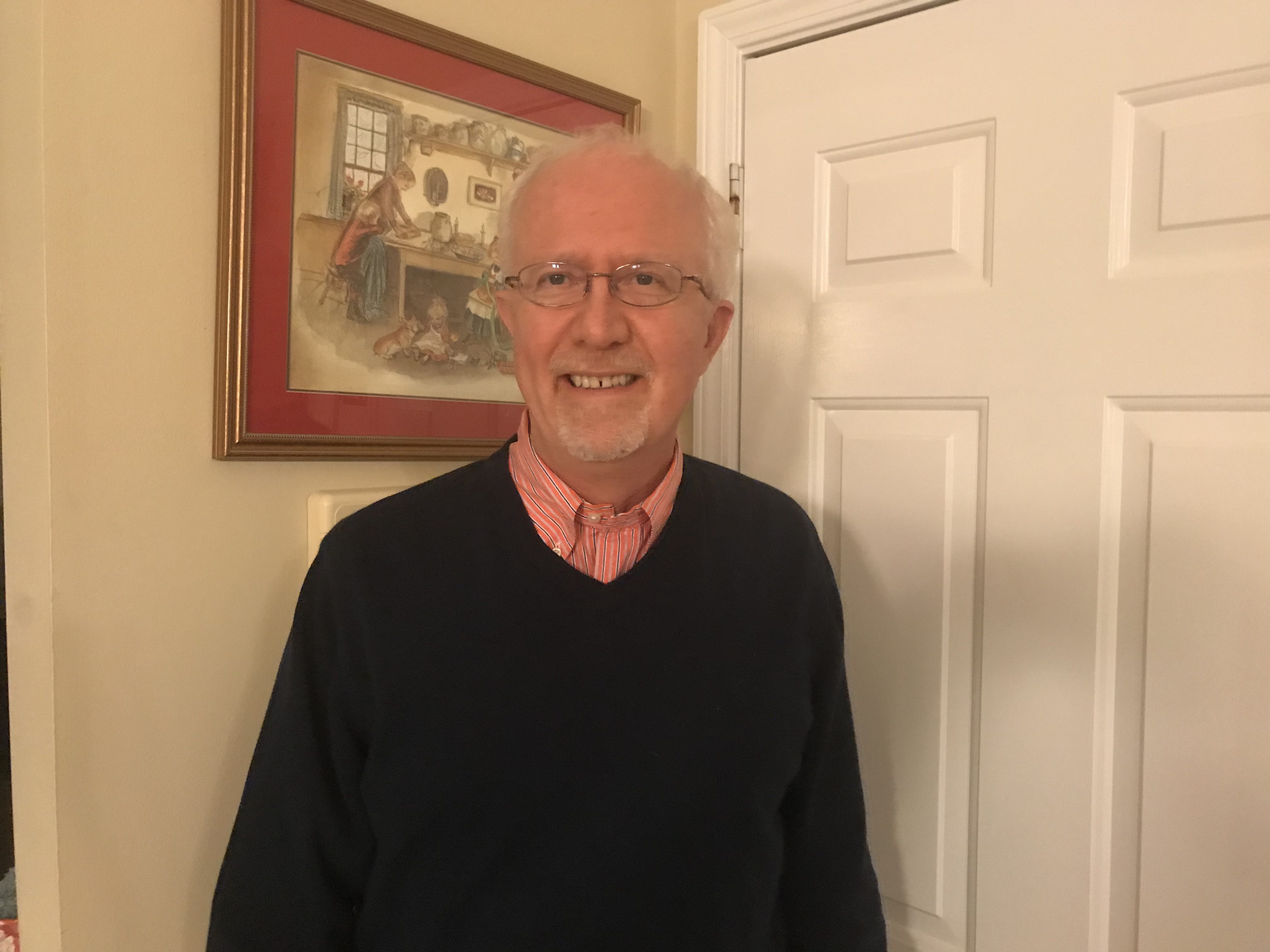I am asked that question many times throughout a normal week by people who know about my journey with IPF that led to a lung transplant in 2016. Usually, because of various time factors, I give an answer like, “Great! Thank you for asking.” It is hard for me to be anything but positive because I truly am thankful for the ease of every breath that I now enjoy.
After hearing me give that answer recently, my wife suggested I write a blog giving a more complete answer. She knows and sees the fuller story and the changes in my day-to-day routine. So here goes part one of a series of blogs giving you insight to the joys and struggles that I face since the transplant.
Mornings are usually hard for me because of two things. A “good night’s sleep” is something that seldom happens, and so I have found I need to leave myself more time in the morning to prepare for the day. Secondly, at 8 AM every day I take my morning regimen of prescriptions (twelve pills), and that creates digestive issues that requires me to be near a bathroom. Gone are the days of just jumping out of bed in the early morning, feeling great, and ready to get right into that day’s schedule.
Intentionally planning ahead… I spend much more time trying to think through every day. Because of my suppressed immune system I have to plan ahead for the environments that my day will bring. If an outside activity is planned, where will I be able to find shade to minimize my sun exposure? (The anti-rejection drugs that I have to take increase my risk for skin cancer.) Will I have to do a lot of walking or stairs in my day? (Normally a good thing, however, it takes me more time as I cannot walk as fast and usually need to take breaks.)
What am I planning to eat that day and where? (I usually have a good idea about the food I can eat and should not eat, and how my body reacts to my choices.) Are there any high-risk environments where there will be a lot of people and what will my exposure be to each person? (I rarely wear a mask, but I do a lot of fist bumping rather than handshakes with people, and wash my hands many more times throughout the day. Plus, I hear every sneeze and cough within earshot and make a mental note of that person.) It is impossible to control the schedule and people of every day. Things will come up, and when they do, I need to go through a mental checklist of the risks and benefits of my participation.
I’m not complaining about any part of my life since my transplant. Overall, I am so thankful that I get to enjoy the people and places that make up my every day.
Just the other day, a gentleman asked me, “Knowing what you know now, would you go through it all again?” Without a moment’s hesitation, I responded with a firm and simple “yes.”
(To be continued)

Reader Interactions